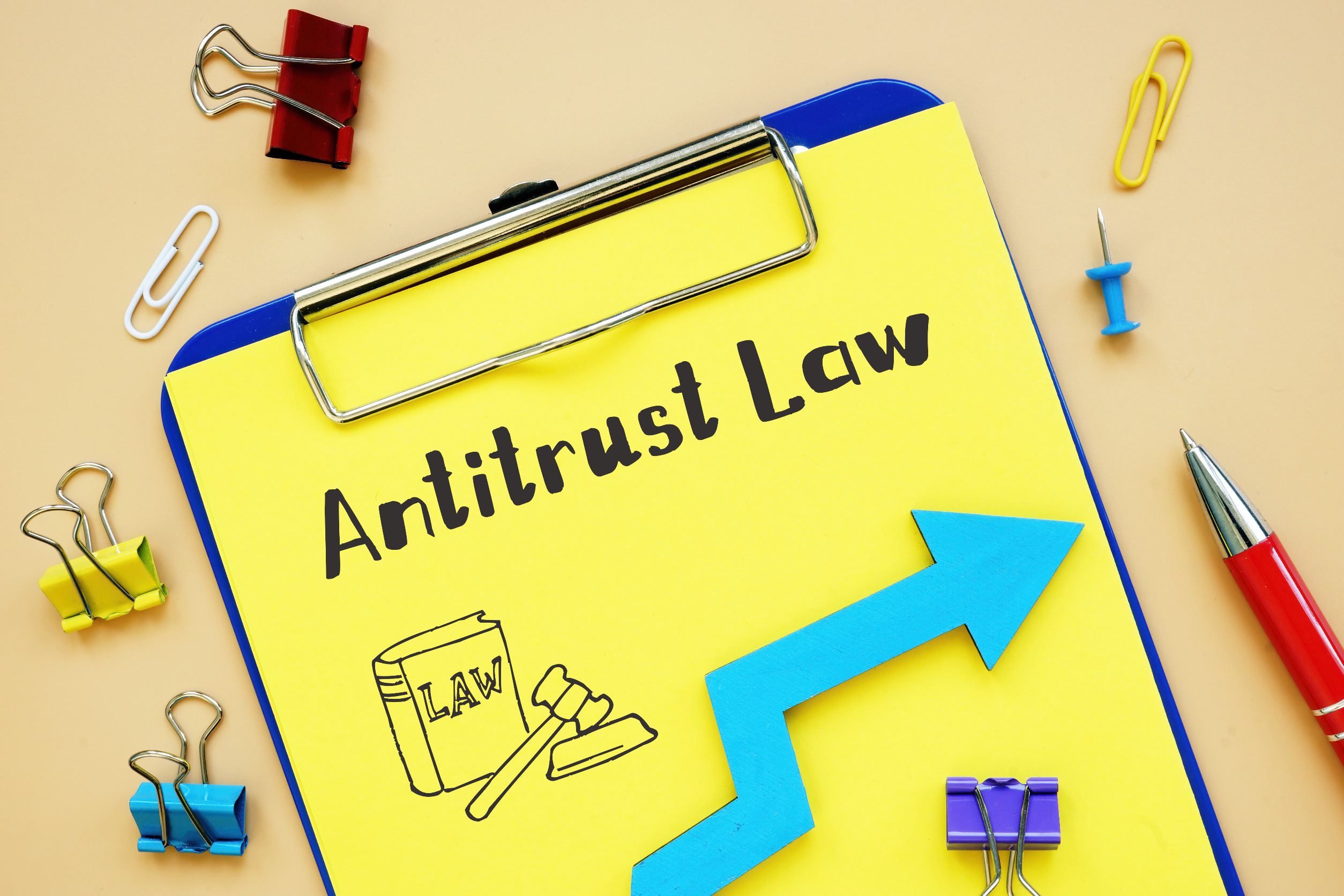By: Editorial Staff, Date: May 29th, 2023
Have you ever wondered how the government keeps businesses in check to ensure fair competition? That’s where antitrust laws, also known as competition laws, come into play.

What exactly are class certifications?
Think of class certifications as a way for a group of people who have been harmed by unfair practices, like price fixing or monopolies, to team up and take legal action together.
What are they for?
Class certifications aim to streamline the litigation process, promote efficiency, and ensure fair treatment of individuals who have been affected by antitrust violations. It’s all about giving individuals a stronger voice and holding those responsible accountable.
Key requirements for obtaining class certification:
- Numerosity: There must be a sufficiently large number of individuals within the class to justify proceeding as a class action.
- Commonality: The claims of the class members must raise common questions of law or fact.
- Typicality: The claims or defenses of the representative plaintiff must be typical of those of the class members.
- Adequacy of representation: The representative plaintiff and their attorneys must be capable of fairly and adequately representing the interests of the class.
Class actions vs. Class Certifications
Class actions and class certifications represent distinct approaches for groups of individuals seeking justice, making it essential to discern their differences in legal proceedings.
What’s the difference?
Class actions are lawsuits brought on behalf of a class of individuals who have suffered similar harm. On the other hand, class certifications are a crucial step in the process of initiating a class action lawsuit.
Moreover, class certifications determine whether a lawsuit can proceed as a class action, enabling the representative plaintiff to represent the interests of the class and seek remedies on their behalf.
By recognizing the key requirements and distinguishing class actions from class certifications, individuals can navigate the legal landscape more effectively and play an active role in promoting fair competition.
To gain insights on the latest antitrust class certifications, check out our complimentary CLE webinar: The Impact of Recent Class Certification Decisions in Antitrust Litigation
Upcoming Webcasts
How Manufacturers Are Outselling the Competition with More Informed Customer Relationships
Hitting quotas and increasing sales in today’s unpredictable economy is hard enough on its own. The foodservice supply chain complicates matters further,


